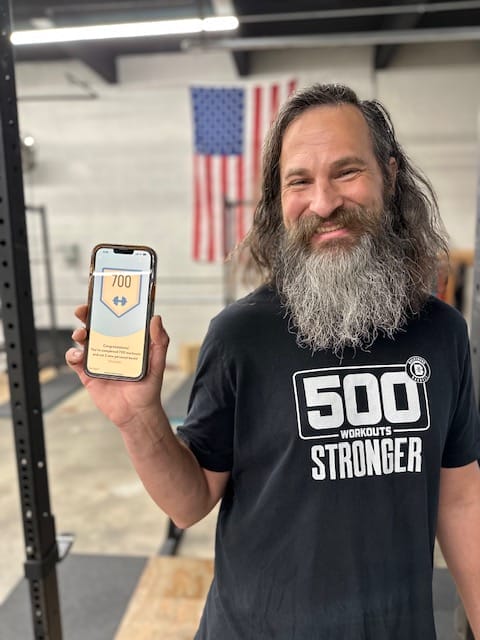At our gym we love to celebrate success. For some, that might be new PR squat for others it might be less back pain. For all of us, it’s consistency.
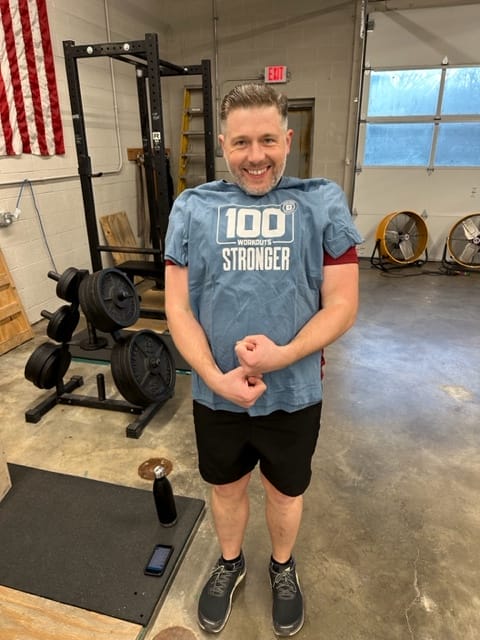
Strength Training Actually Works
People get strong if they follow a program designed to get them strong(er). Strength training works so well that our new clients are often blown away by how much progress they make in the first 3 to 6 months. It feels great being able to sit with a prospective client, hear their story and know that we can help them get stronger. And, we know that getting them stronger will move them closer to their goals and an overall healthier life.
When we bring an athlete into the gym, we find the appropriate entry point for their training. We’re actually quite good at this. Read more about our Intro Program to see how it works. Or, you can listen to us dive in here: Brentwood Barbell Radio ep 40, Things to Retain from Your Intro. The takeaway here is that everyone is ready. If you’re reading this and thinking “I’m not strong enough to lift barbells”, you’re thinking about it incorrectly. You train to get strong, you don’t need to be strong in order to start training.
We being with the end in mind… or at least the 90 day “end” in mind. This allows us to plan for progress that can/should be made by the athlete. We use simple strength and conditioning principles like the general adaptation syndrome, specificity, progressive loading, etc. to reliably plan for client success. If you want, you can nerd out on some programming principles in this article: A Quick Review of Programming Principles. All this is to say that there are a set of “best practices” when it comes to strength training. Those practices reliably lead to client progress.
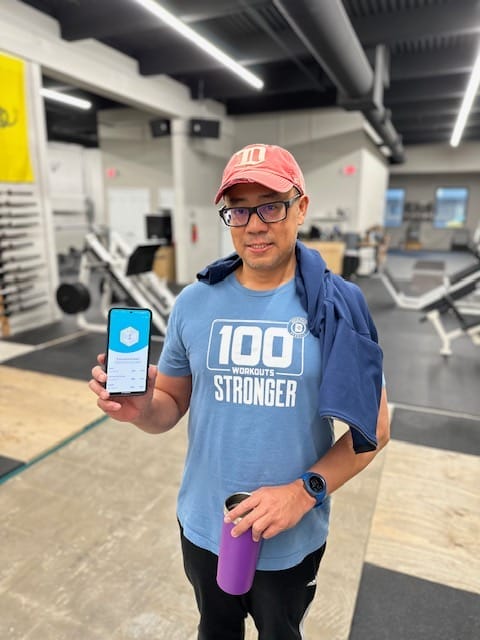
How Do I Get Stronger?
Despite strength training so reliably producing results, some folks struggle to be consistent. Any good coach will tell you the primary ingredient for success is consistency. This fact isn’t limited to the process of strength training. Still, consistency can be challenging for many reasons. Good strength programing tends to be a bit repetitive and “boring” so we’re often fighting the balance between effectiveness and boredom. Folks also have a host of other things going on in their lives such as work, their kids practice / game schedules, illness, and vacations so we’re also fighting competing activities.
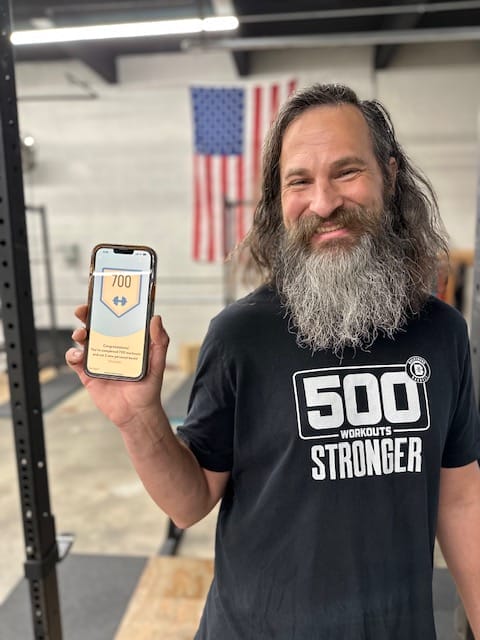
Despite the simplicity of getting stronger (show up, work hard, and get results), it’s not easy. So we try to make it a little easier by celebrating every possible win we can think of. This includes (but is not limited to):
- new weight on the bar (PR)
- a string of sessions made
- the same weight lifted with greater ease
- less pain
- more movement
- weight lost
- health metric improvements (blood pressure, cholesterol, etc.)
- more fun, enjoyment, and overall human interaction
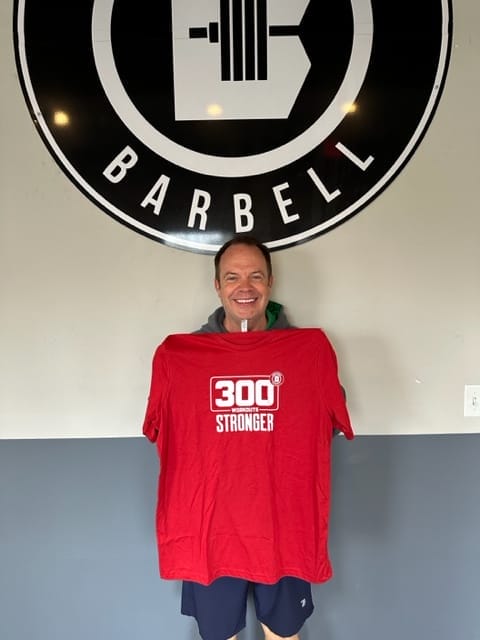
Finding Wins
At first, some athlete are hesitant to acknowledge their own success. Most adults get very little praise and are used to simply putting their heads down and working. But, after some time, and some practice, acknowledging wins becomes an easier process for the athlete.
The real value of learning to see your wins, is that you’ll start seeing them everywhere. And once this happens, you’re relationship with challenge, adversity, and success begins to change. You’ll find yourself more confident and willing to take on challenges. You’ll have built a large training log of PRs, consistency wins, and a million other tiny celebrations to draw from. It’s sort of like rolling a snowball down a hill, once it gets going, it takes on a life of it’s own.
I know, you’re skeptical. I was too. Every Friday, I spend a few minutes with my wins for the week, or Bright Spots. At first, it felt really silly to me too. Over time, I got better. Over a longer period of time, I started to see how my perception was changing. I felt more confident and generally happier. This all started with training.
It can work for you too.
If you’re ready, book a meeting with one of our coaches and we’ll talk more about your goals.
Not ready to book a meeting but want to join the conversation? Check out our FREE HELP GROUP, you’ll find lots of conversation on exercise, nutrition, and behavior change.
Hope this helps,
James

